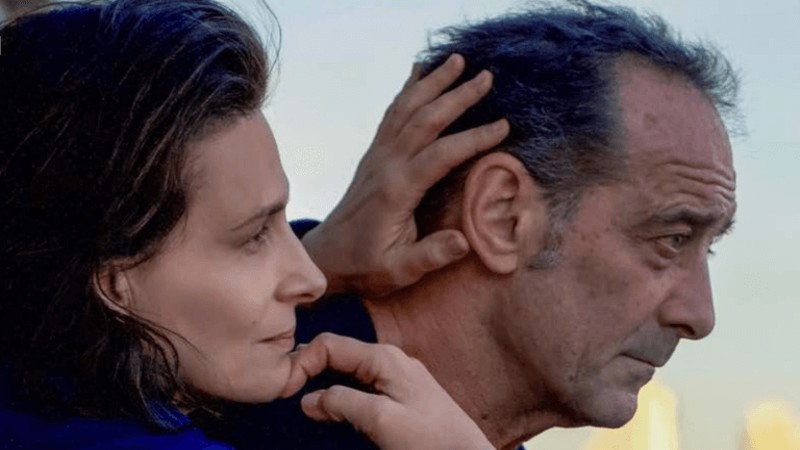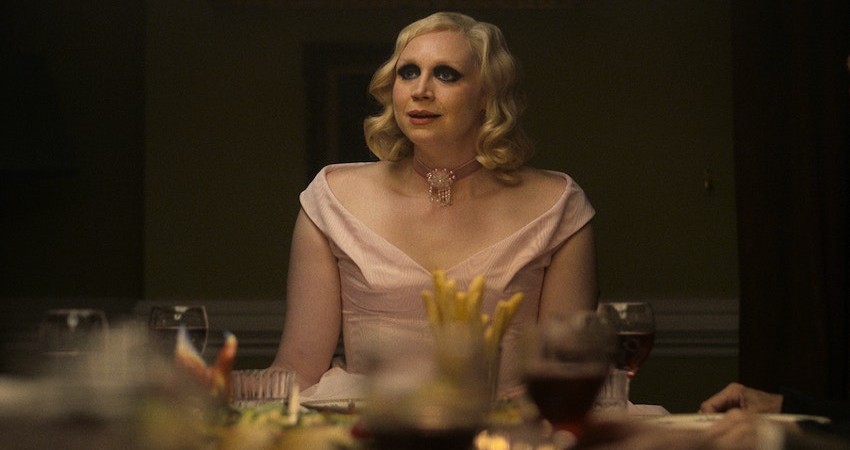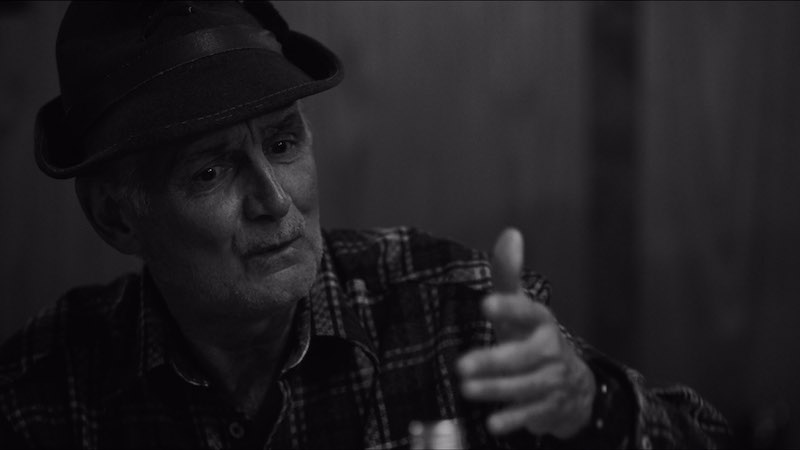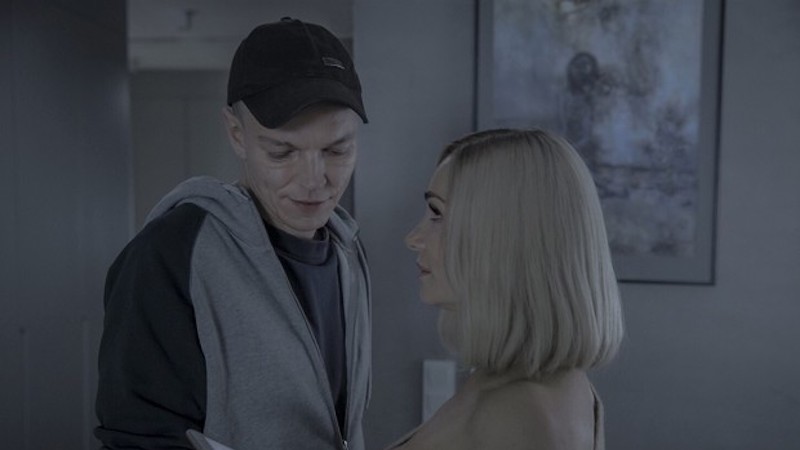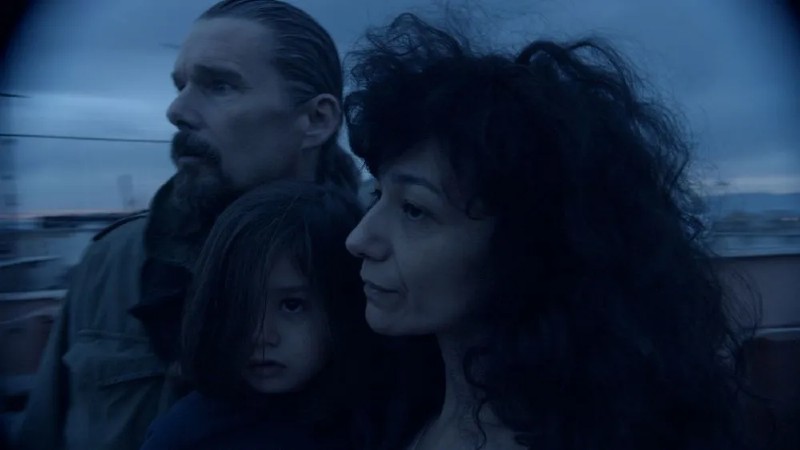QUICK SNAP: LIVE FROM BERLIN
There are some huge changes in Hong Sangsoo’s filmmaking obsessions with The Novelist’s Film. Characters smoke e-cigarettes as opposed to regular ones, they wear/sort-of wear FFP2 masks in different poses and they are drinking makgeolli instead of soju. Otherwise, it’s another trip down the personal obsessions of one of the world’s most repetitive directors. If you’re already enamoured with his style, you’re in for a great time, but if you don’t like his work, you’re likely to get quickly bored. As I probably said last year. And the year before that.
One of the many in-jokes of Hong Sangsoo’s films is that the characters almost always seem to know each other well before they bump into each other: of course they do, they’ve been in the same films together over and over again! The Novelist’s Film starts outside a bookshop with the novelist Junhee (Lee Hyeyoung) having a smoke then walking and catching up with an old friend.
They sit and drink coffee, while Junhee explains how she has become bored of writing over and over again in a certain way. This sentiment is later echoed by a chance meeting with a filmmaker, another Hong doppelgänger, who adamantly states that he believes his work has changed. Having missed the chance to have her work adapted into a film by him, she meets his former muse Kilsoo (Kim Minhee), who she asks to star in her first ever film. And yes, they drink a lot, and the film finally ends, like The Woman Who Ran (2020) did, with Kim Minhee in a cinema alone, watching a film.
Why a novelist directing a film — a phenomenon that is not rare whatsoever — is presented as such a fascinating innovation with form is never really interrogated, but it’s worth pointing out that a Hong Sang-soo novel would be something I’d be first to read. Would it skew like Hemingway’s Iceberg-theory Short stories or the French nouveau roman? Given that the conventional novel is a place for evocating people’s inner lives, Hong Sang-soo is unlikely to turn in a Victorian or 19th century Russian style-epic anytime soon. His whole thing is highly cinematic, creating textures and ideas through performance, cutting, camera movement and lighting — but it’s an interesting thought experiment nonetheless.
As for the eponymous film itself, we catch glimpses of the 47-minute meisterwerk at a screening (previously attended by two (2!) critics and remarkably not even watched by the programmer of the cinema) by the end. It’s an even grainier and unfiltered work than what we’ve previously watched. And the storyline and themes are conspicuously absent. What does Kilsoo think as she finally walks out of the screening? We are never told. Hong, the ultimate, playful, trollish filmmaker, once again dances around the subject without facing it head on, inviting us to read between his Pinteresque pauses and excessively mannerized politeness.
Hong’s digital-aesthetic is even more bare bones that usual: you can count the number of cuts in the entire film with your hands, the black-and-white cinematography is super exposed with very high contrasts, and his characteristic zooms are sparsely deployed. When the director complains about finding funding, it shows in this work, which looks pretty cheap. Once again this is an actor’s showcase, a hangout study in art and life that is rich in nuance and line delivery. And leaning more funny than profound, this metatextual, stripped-down work is entertaining without ever reaching the heights of his best work.
All actors are on fine form, especially when their reserved nature and formal speech breaks down or is violently ruptured, resulting in more laughs than most genuine comedies at the Berlinale. But all the people laughing are film critics, the exact kind of people that have watched several Hong movies — especially at Berlinale, where he basically has a reserved competition slot — and revel both in the sameness and the ever-so-slight permutations. I never get too bothered when he has a slightly substandard, inconsequential work like this. He’ll be back next year. We’ll laugh once more. And probably make the exact same comments. And I’ll write another review.
The Novelist’s Film plays in competition at the Berlinale from February 10th to the 20th.









